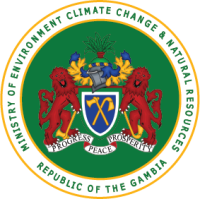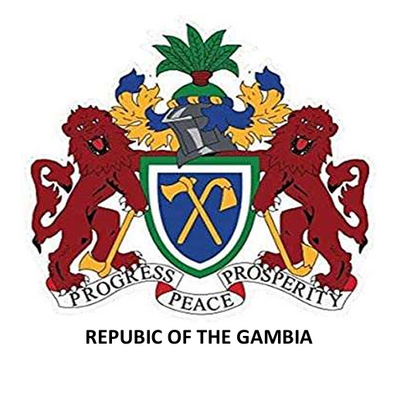
Agriculture and Climate A Delicate Balance for Global Sustainability
Agriculture and Natural Resources (ANR) Sector Overview
The Agriculture and Natural Resources (ANR) sector plays a vital role in national development, food security, and sustainable livelihoods. It encompasses a broad range of interlinked sub-sectors, including crop production, livestock, fisheries, forestry, land management, and natural resource conservation.
In many countries across West Africa, including The Gambia, the ANR sector supports the majority of rural households, providing employment, income, and resilience against climate change impacts. The sector is also a key driver of economic growth and social stability.
Key Objectives of the ANR Sector
-
Enhance Agricultural Productivity: Promote climate-smart agricultural practices, improve access to quality inputs, and support mechanization and extension services.
-
Promote Food and Nutrition Security: Ensure the availability, accessibility, and affordability of diverse and nutritious food for all.
-
Strengthen Natural Resource Governance: Protect forests, water resources, and biodiversity through sustainable management and community participation.
-
Support Value Chain Development: Strengthen agro-processing, market access, and the competitiveness of agricultural commodities.
-
Build Climate Resilience: Integrate adaptation and mitigation strategies into sector planning, with emphasis on sustainable land and water management.
-
Empower Farmers and Rural Communities: Enhance the capacity of farmer organizations, women, and youth through training, access to finance, and inclusive decision-making.
Strategic Priorities
-
Policy and Institutional Reform
-
Data-Driven Planning and Monitoring
-
Investment in Infrastructure and Innovation
-
Cross-Sectoral Collaboration (e.g. with Environment, Water, and Trade)
-
Capacity Building and Knowledge Sharing
-
33.74 KB
Article > Research > Research
Published: 4/8/2025 1:44 pm
-
Communication Strategy
24/6/2025 -
ANTI-LITTERING REGULATIONS - 2007
24/6/2025 -
THE HAZARDOUS CHEMICALS REGULATIONS, 1999
24/6/2025 -
MECCNAR STRATEGIC PLAN (2019-2022)
24/6/2025 -
Agriculture and Climate A Delicate Balance for Global Sustainability
4/8/2025 -
Supplementary Agriculture and Natural Resource (ANR) Policy Final Validated Policy
24/6/2025 -
Final Validated Supplementary Agriculture and Natural Resources(ANR)
24/6/2025
 The Gambia
The Gambia





